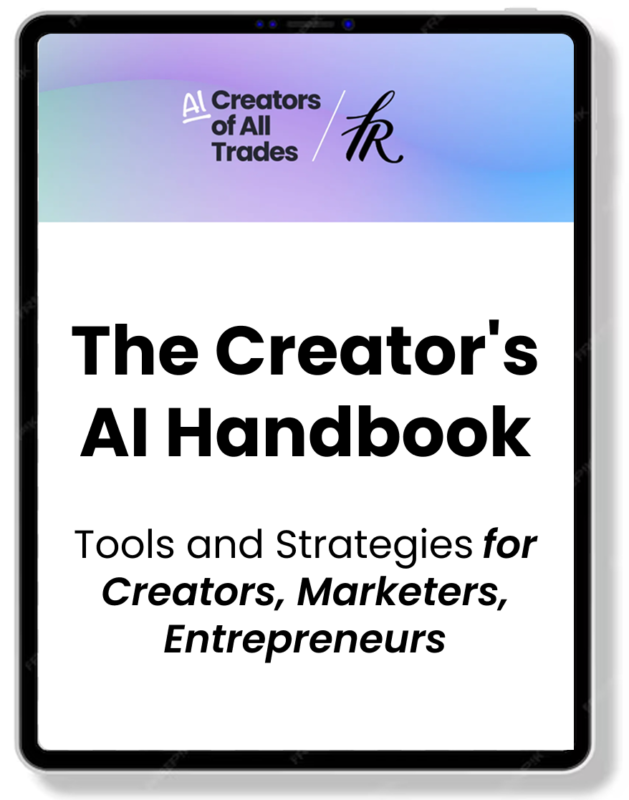
ChatGPT released ChatGPT Search to the public. The feature was announced a few months ago and made available to all ChatGPT Plus and Team acount users (plus, the people who signed up via waitlist for the product) yesterday.
Here is quick test of the product, with different searches usually done via Google.
Doing a brand search via ChatGPT Search
A brand search is when you search for a specific brand, business, product, organization…. typically a unique result. Usually, you just enter the brand name, and nothing more.
How does ChatGPT search on such a task?
Let us try “Fresh van Root”

The results are accurate, serving the link to Fresh van Root right at the top. In most cases of a brand search, you want to go to the site of the brand quickly, and not spend time inside ChatGPT Search to read about it. So it is handy that ChatGPT serves the link right away and you do not have to wait until the whole response is shown.
The sources are shown at the bottom of the answer, and except for two sources these are accurate.

Here is a short screen recording of the search operation:
Trying a “How To” Search with ChatGPT Search
We have a very specific how-to that performs well on Google search. It is about how to publish Obsidian notes to WordPress.
Let us try if this also comes up in ChatGPT Search:

For this search, I tried the mobile app. Here is a quick screen recording:
A nice touch: For a millisecond, the icons of the websites that get browsed show up at the beginning of the response, and I see the Fresh van Root logo coming up.
For this search, I might or might not leave ChatGPT, the answer shown in ChatGPT can replace a website visit completely in this case. It also shows a YouTube video in the results.
Trying a “news” search for real-time events
Now, let’s try ChatGPT Search for a breaking news event.
To test this, I am searching for ChatGPT Search, the product update was announced not 24hours ago.
For this, I am only entering “ChatGPT Search” in ChatGPT, the same way I would search for it in Google.

The answer generated is based on all the typical tech sites: Wired, The Verge, Ars Technica, and so on. As a user you can see which sources have been cited and search results below. But a click by the user is necessary to show the right-hand sidebar with this.

So, let us compare this directly to a Google Search results page.
Google is serving the same info from similar sources. But it also shows social media content, the official brand pages, similar searches, and so on. (click to expand)

The result in ChatGPT is not that diverse, and lacks the social media angle for this search (which is interesting – what do early adopters of the product have to say?).
Bug again, the answer served by ChatGPT Search can replace a search on Google. The results are not that diverse, but you can read up on the news directly in ChatGPT.
If you click the search icon inside ChatGPT, it shows this dropdown of recent events you might be interested in, signaling it can be used for that kind of searches, too.

A Transactional Query
Let us assume I want to book a flight from Vienna to Mumbai.


Again, compare this to the Google search results page:
- Sponsored results on top
- Available flights and pricing shown on the results page
While I get the wanted information in ChatGPT Search, Google does a better job in structuring the information and leading me to the right sources.

How is it different to a classic search engine?
The examples above show searches that I would typically do on Google. But ChatGPT can be used differently to Google Search. You can do follow up prompts. For example, after getting the first results you can do a follow up prompt to show only results from a specific airline.

That is something you cant do on a Google search results page – you have to start a new search. This is something you can do with Google Gemini, but Gemini and Google search are separate products right now.
ChatGPT Search as default search engine?
Now, this is where it gets interesting. OpenAI is pushing their browser extension to make ChatGPT Search the default search engine in your browser:

This message gets now pushed to users inside ChatGPT, and directs people to the browser extensions page.

This is a move Perplexity also did a while ago: Releasing an extension to replace default search with AI search.
Conclusion
My first impression is quite clear: ChatGPT Search is a threat for Googles core business.

The product is at an early stage but it can already replace Google for many queries. The speed of the answers generated is okay and with the option to switch between LLM chat and search is a new way of interacting while researching on a topic.
For all types of searches (brand, how-to, transactional) ChatGPT Search shows results with legit sources and correct answers.
Google often shows more sources and a diverse mix of results, differently structured. You could also argue that the search results page on Google is cluttered.


